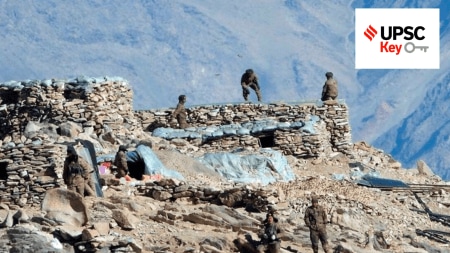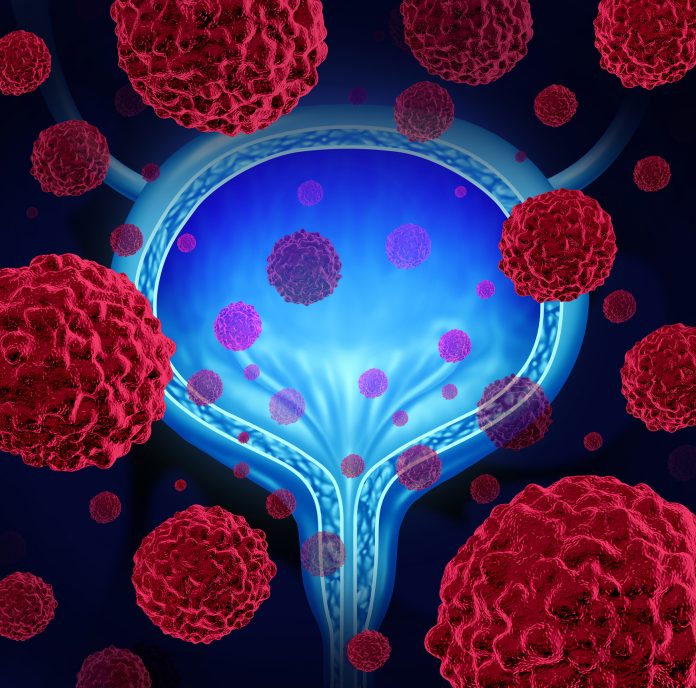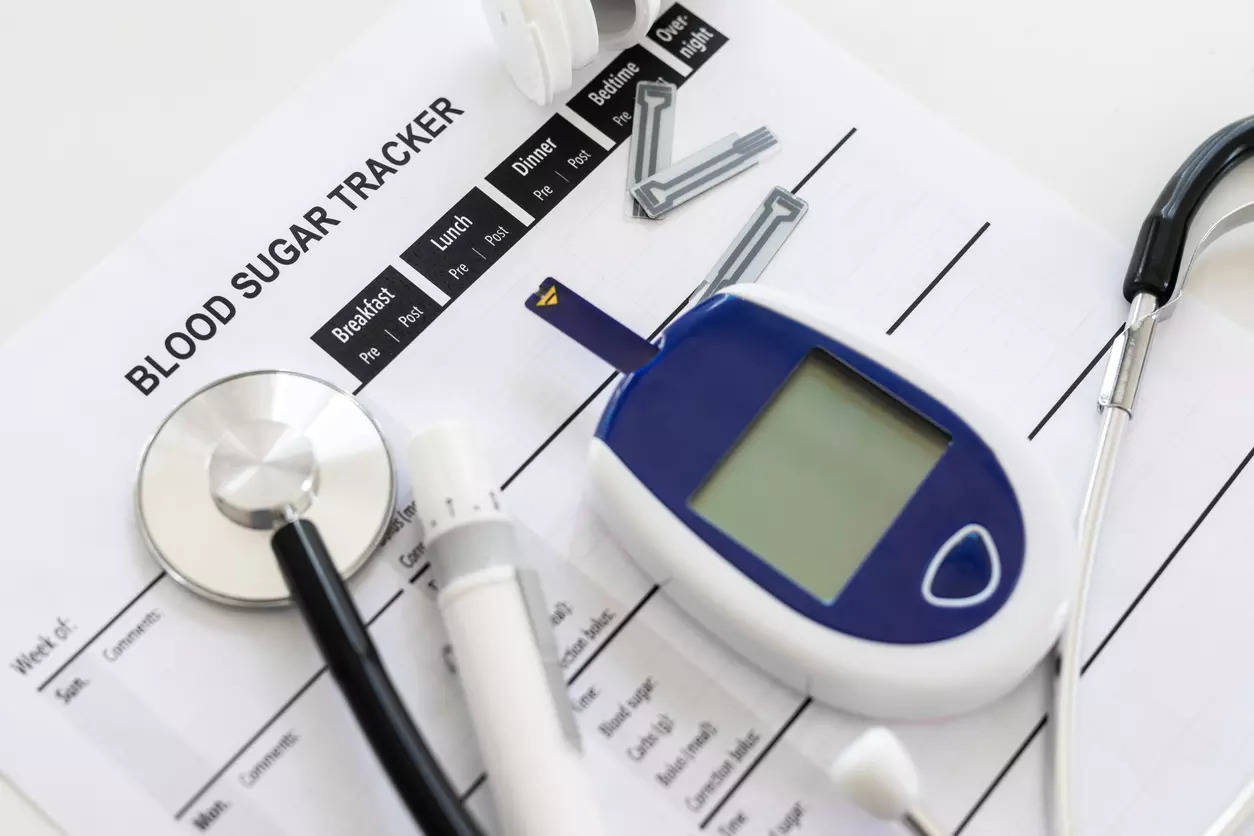WITH THE cheaper, indigenously developed HPV (human papillomavirus) vaccine to prevent cervical cancer scheduled to become available by April-May next year, a nationwide immunisation drive for girls in the age group of 9-14 years is likely to begin by mid-2023.
Disclosing this, Dr N K Arora, chairperson of the National Technical Advisory Group on Immunisation (NTAGI), told The Indian Express: “There is political commitment at the highest level.”
The quadrivalent vaccine called Cervavac, developed by the Serum Institute of India (SII), offers protection against four strains of HPV — 16, 18, 6, and 11. SII CEO Adar Poonawalla had said earlier that the vaccine is likely to be priced at Rs 200-400 per dose. The vaccines available in the market currently are priced at Rs 2,500-3,300 per dose.
“The Sikkim government purchased vaccines from GAVI in 2016 and rolled out a programme, vaccinating nearly 97% of all girls between the ages of 9 and 14 years in campaign mode. They now provide it as part of routine immunisation and the coverage is about 88-90%,” said Dr Arora.
Learning from Sikkim’s experience, girls in the 9-14 years age group will first have to be vaccinated against HPV in campaign mode, followed by the inclusion of the vaccine as part of routine immunisation for nine-year-olds, he said.
While the Delhi government had also rolled out an HPV immunisation programme around the same time, it wasn’t as successful as the vaccines were available at only one of the state government run hospitals.
“When we talk of the target population of the vaccine, they are all children of school-going age, and that is where it has to be introduced. When we go to a single-age cohort, it can be given in primary school, where the enrolment is a high 90%. But we have to look beyond that too, we have to reach the girl children who are not in schools as well,” said Dr Arora.
Citing lessons learnt from the Covid-19 vaccination drive, he said a system similar to CoWIN may be used. “A communication strategy is needed before any such rollout happens. The acceptance of Covid-19 vaccine also did not happen by default. There was pushback during the initial two to three months, but we saw the hesitation go down with effective communication,” he said.
In addition to carrying out an immunisation drive, Dr Arora emphasised the need to carry out screening for women above the age of 30 years. “If women over the age of 30 years go for cervical disease checkup every three to five years, any cancer can be quickly detected. In fact, if detected at an early stage, cervical cancer can even be treated at the PHC level — the morbidity and expensive treatment happens because there is delay in detection. If cancer is suspected, doctors can do an immediate point-of-care DNA test, and cauterise the cancerous tissue,” he said.
SII had received approval from the country’s apex drug regulator in July this year, after presenting data of its immunogenicity trial conducted across 13 centres where the response of the vaccine was compared to Merck’s Gardasil quadrivalent vaccine.














